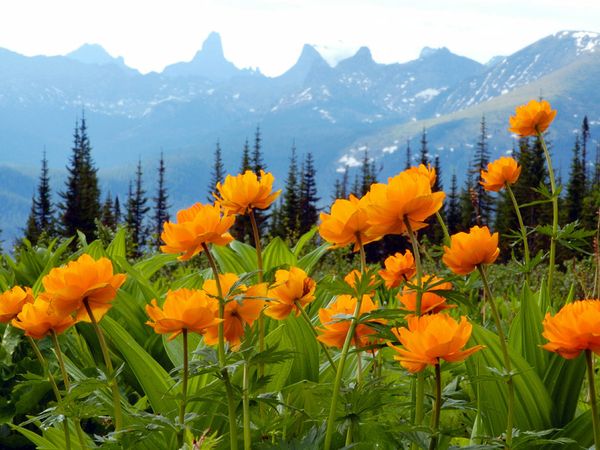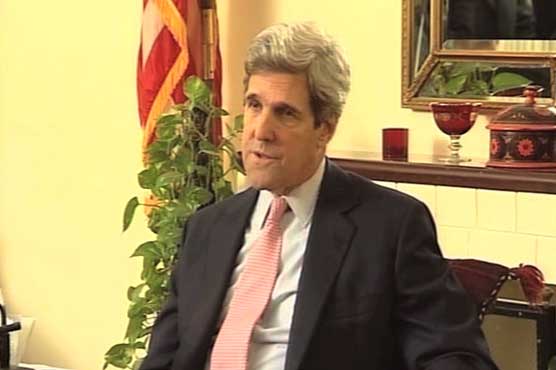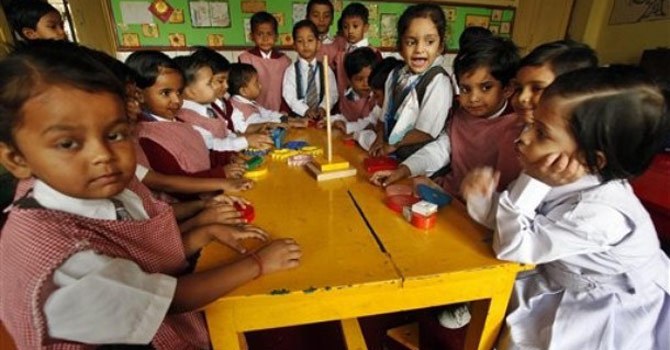- Web
- Humsa
- Videos
- Forum
- Q2A



The planet is warming, from North Pole to South Pole, and everywhere in between. Globally, the mercury is already up more than 1 degree Fahrenheit (0.8 degree Celsius), and even more in sensitive polar regions.
And the effects of rising temperatures aren’t waiting for some far-flung future. They’re happening right now. Signs are appearing all over, and some of them are surprising. The heat is not only melting glaciers and sea ice, it’s also shifting precipitation patterns and setting animals on the move.
Some impacts from increasing temperatures are already happening.Ice is melting worldwide, especially at the Earth’s poles. This includes mountain glaciers, ice sheets covering West Antarctica and Greenland, and Arctic sea ice.
Researcher Bill Fraser has tracked the decline of the Adélie penguins on Antarctica, where their numbers have fallen from 32,000 breeding pairs to 11,000 in 30 years.Sea level rise became faster over the last century.
Some butterflies, foxes, and alpine plants have moved farther north or to higher, cooler areas.Precipitation (rain and snowfall) has increased across the globe, on average.Spruce bark beetles have boomed in Alaska thanks to 20 years of warm summers. The insects have chewed up 4 million acres of spruce trees.
Other effects could happen later this century, if warming continues.Sea levels are expected to rise between 7 and 23 inches (18 and 59 centimeters) by the end of the century, and continued melting at the poles could add between 4 and 8 inches (10 to 20 centimeters).Hurricanes and other storms are likely to become stronger.
Species that depend on one another may become out of sync. For example, plants could bloom earlier than their pollinating insects become active.Floods and droughts will become more common. Rainfall in Ethiopia, where droughts are already common, could decline by 10 percent over the next 50 years.
Less fresh water will be available. If the Quelccaya ice cap in Peru continues to melt at its current rate, it will be gone by 2100, leaving thousands of people who rely on it for drinking water and electricity without a source of either.Some diseases will spread, such as malaria carried by mosquitoes.
Ecosystems will change—some species will move farther north or become more successful; others won’t be able to move and could become extinct. Wildlife research scientist Martyn Obbard has found that since the mid-1980s, with less ice on which to live and fish for food, polar bears have gotten considerably skinnier. Polar bear biologist Ian Stirling has found a similar pattern in Hudson Bay. He fears that if sea ice disappears, the polar bears will as well.
 British Prime Minister David Cameron arrived in Algeria on Wednesday in the wake of this month’s hostage crisis at a gas plant deep in the Sahara in which several Britons were killed.
The first visit by a British premier since Algeria won independence from France in 1962 comes less than two weeks after 37 foreign hostages were killed when gunm..... Read more
British Prime Minister David Cameron arrived in Algeria on Wednesday in the wake of this month’s hostage crisis at a gas plant deep in the Sahara in which several Britons were killed.
The first visit by a British premier since Algeria won independence from France in 1962 comes less than two weeks after 37 foreign hostages were killed when gunm..... Read more
.jpg) The United States should work with — not attempt to control — Pakistan’s internal political processes, says a new US report released on Wednesday.
The — “Previewing Pakistan’s 2013 Elections” — also warns that whoever wins the next elections should try to resolve the problems the country faces or be prepar..... Read more
The United States should work with — not attempt to control — Pakistan’s internal political processes, says a new US report released on Wednesday.
The — “Previewing Pakistan’s 2013 Elections” — also warns that whoever wins the next elections should try to resolve the problems the country faces or be prepar..... Read more
 US Secretary of State John Kerry will make his first trip to Asia as America s top diplomat in mid-April, an official announced Thursday, with North Korea expected to top the agenda.
Kerry will travel to South Korea, Japan and China after first attending a meeting of G8 foreign ministers in London on April 10 and 11, said State Department spokeswoman V..... Read more
US Secretary of State John Kerry will make his first trip to Asia as America s top diplomat in mid-April, an official announced Thursday, with North Korea expected to top the agenda.
Kerry will travel to South Korea, Japan and China after first attending a meeting of G8 foreign ministers in London on April 10 and 11, said State Department spokeswoman V..... Read more












 Clean Chit (Faisal Raza Abidi ...
Clean Chit (Faisal Raza Abidi ...  Akhir Kiyon - 16th December 2...
Akhir Kiyon - 16th December 2...  To The Point - 16th December ...
To The Point - 16th December ...  Capital Talk â
Capital Talk â  Kal Tak - 16th December 2013
Kal Tak - 16th December 2013  Bay Laag - 16th December 2013
Bay Laag - 16th December 2013  Kharra Sach - 16th December 2...
Kharra Sach - 16th December 2...  Awaam - 15th December 2013
Awaam - 15th December 2013 





 Gold Miner
Gold Miner  Superbike GP
Superbike GP  Whipsaw Fighter
Whipsaw Fighter  PacMan
PacMan 


